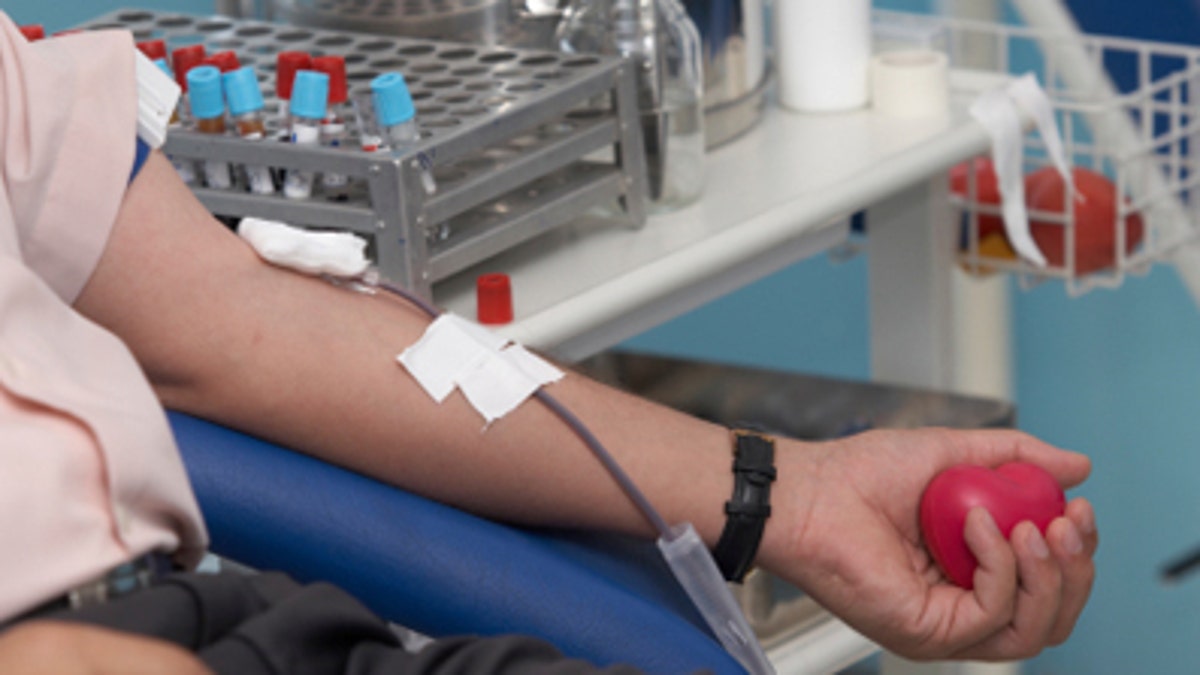
British gay and bisexual men will soon be able to donate blood after the government on Thursday overturned restrictions across the UK.
A lifetime ban on blood donations from gay men, who were or had been sexually active, was introduced in the 1980s to ensure that blood contaminated with HIV did not reach patients.
But Britain's department of health said men who have not had homosexual sex for one year will be able to donate as of Nov. 7.
The move follows recommendations from the government's Advisory Committee on the Safety of Blood, Tissues and Organs (SABTO) which carried out a review earlier this year.
Australia, Sweden and Japan also allow gay men to donate blood if they have not been sexually active for a year.
But a lifetime ban on donations from gay men remains in the United States, while the Canadian blood service reviewed its policy of banning sexually active gay men from donating blood and decided not to lift the ban earlier this year.
The UK blood donation system is based on trust and there is no policing to ensure that donors abide by restrictions. As a result, at least 7 percent of sexually active gay men gave blood despite the ban. Gay men are the group most at risk of passing on HIV in blood, followed by intravenous drug users.
A tiny number of infected donations are missed despite routine screening, because there is a short period after infection before a test will show a positive result.
Gay rights campaigners argued for years for a lifting of the ban, saying many gay men are in monogamous relationships, practice safe sex or are celibate.
UK aids charity the National Aids Trust (NAT) welcomed the change, saying, "NAT welcomes the lifting of the lifetime blood ban for gay men and the new evidence-based approach."








































